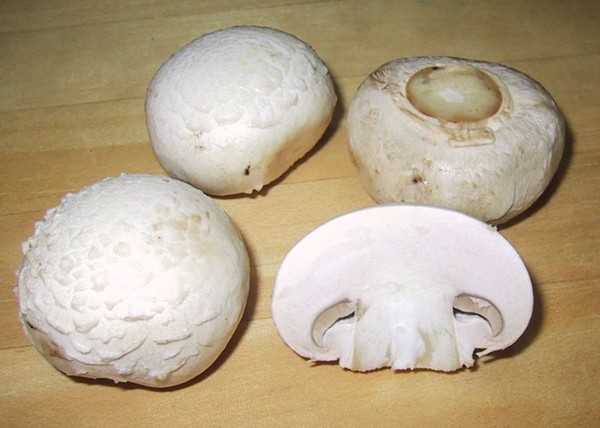We don’t hear much about selenium, but that doesn’t mean it’s not important to our health. In fact, while it’s a trace mineral — meaning we only need small amounts of it on a daily basis — it’s critical to our wellbeing. Not only does selenium protect our cells from free-radical damage, it supports heart health, and is essential for the production of thyroid hormone, blood sugar regulation and joint health.
While selenium occurs naturally in most foods, because of our modern agricultural practices, many of our foods are not as mineral rich as they used to be. For some of us that could mean selenium deficiency; look for these signs: weakness and pain in the muscles, discoloration of hair and skin, and whitening of the fingernail beds.
To increase your selenium levels naturally, try eating more button mushrooms, cod, shrimp, tuna, halibut, salmon, Brazil nuts, and sunflower seeds. Consuming too much selenium through food is not likely, with the exception of large consumption of Brazil nuts.
If you have signs of selenium deficiency, and before increasing your intake through a supplement, be sure to consult your holistic healthcare practitioner to ensure proper levels. Selenium toxicity can cause nausea, vomiting, hair loss, skin lesions, abnormalities in the beds of the fingernails, and fingernail loss.
Resources
- WHFoods.com. ‘Selenium’. http://www.whfoods.com/genpage.php?dbid=95&tname=nutrient (accessed Dec 18, 2016).
- Badmaev V, Muhammed M, Passwater RA. Selenium: a quest for better understanding. Alt Ther 1996;2(4):59-67. 1996.
- Diplock AT. Selenium, antioxidant nutritions, and human diseases. Biol Trac Elem Res. 1992;33:155-156. 1992.
- National Research Council. Selenium in nutrition. Revised edition. Board on Agriculture, Committee on Animal Nutrition, National Academy of Sciences Press, Washington, DC, 1983. 1983.
- Vogt, T. M. Ziegler, R. G. Graubard, B. I et al. Serum selenium and risk of prostate cancer in U.S. blacks and whites. Int J Cancer. 2003 Feb 20; 103(5):664-70. 2003.

